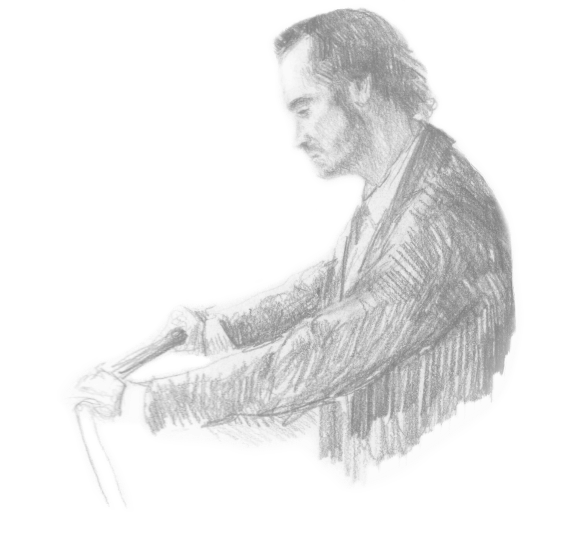

PÖFF: Our Time Will Come
Duration 2h 10m
Country Hiina, Hongkong - Hiina erihalduspiirkond
Director Ann Hui
Cast Xun Zhou, Eddie Peng, Wallace Huo, Deannie Yip, Tony Ka Fai Leung
Language kantoni, jaapani
Subtitle Language inglise
Acclaimed Hong Kong director Ann Hui’s latest film dramatizes a little-known chapter of Hong Kong history – homegrown leftist resistance during WWII in the British colony against Japanese occupation. Atypically for a war film, „Our Time Will Come“ shows little in the way of lethal weaponry, combat mayhem or spectacular derring-do. Hui elucidates a different kind of wartime valor, one too rarely seen in the movies where women figure as central players.
In Hui’s rendition of Hong Kong under occupation, violence may sporadically spill out into the open, but for the most part the direct...Show more
Acclaimed Hong Kong director Ann Hui’s latest film dramatizes a little-known chapter of Hong Kong history – homegrown leftist resistance during WWII in the British colony against Japanese occupation. Atypically for a war film, „Our Time Will Come“ shows little in the way of lethal weaponry, combat mayhem or spectacular derring-do. Hui elucidates a different kind of wartime valor, one too rarely seen in the movies where women figure as central players.
In Hui’s rendition of Hong Kong under occupation, violence may sporadically spill out into the open, but for the most part the director limns a slow-burning war: battles fought clandestinely via sabotage and subterfuge and masked identities, in which patriotism can mean declaiming Song poetry with a Japanese colonel while covertly whisking imperiled writers and poets to safety across the border to China, or a young socialite couriering stolen enemy secrets under cover of her flirtatious charms, or the metamorphosis of a decorous schoolteacher into a seasoned guerrilla.
„Our Time Will Come“ forms an informal trilogy with „Love in a Fallen City“ (1984) and „The Golden Era“ (2014), two other Hui films about women in wartime that are set or partially set in Hong Kong, andcontinues the director’s career-long fascination with examining historical turning points and dislocations from the point of view of women.
Cheng-Sim Lim
Show lessScreenings
No screenings at the moment













